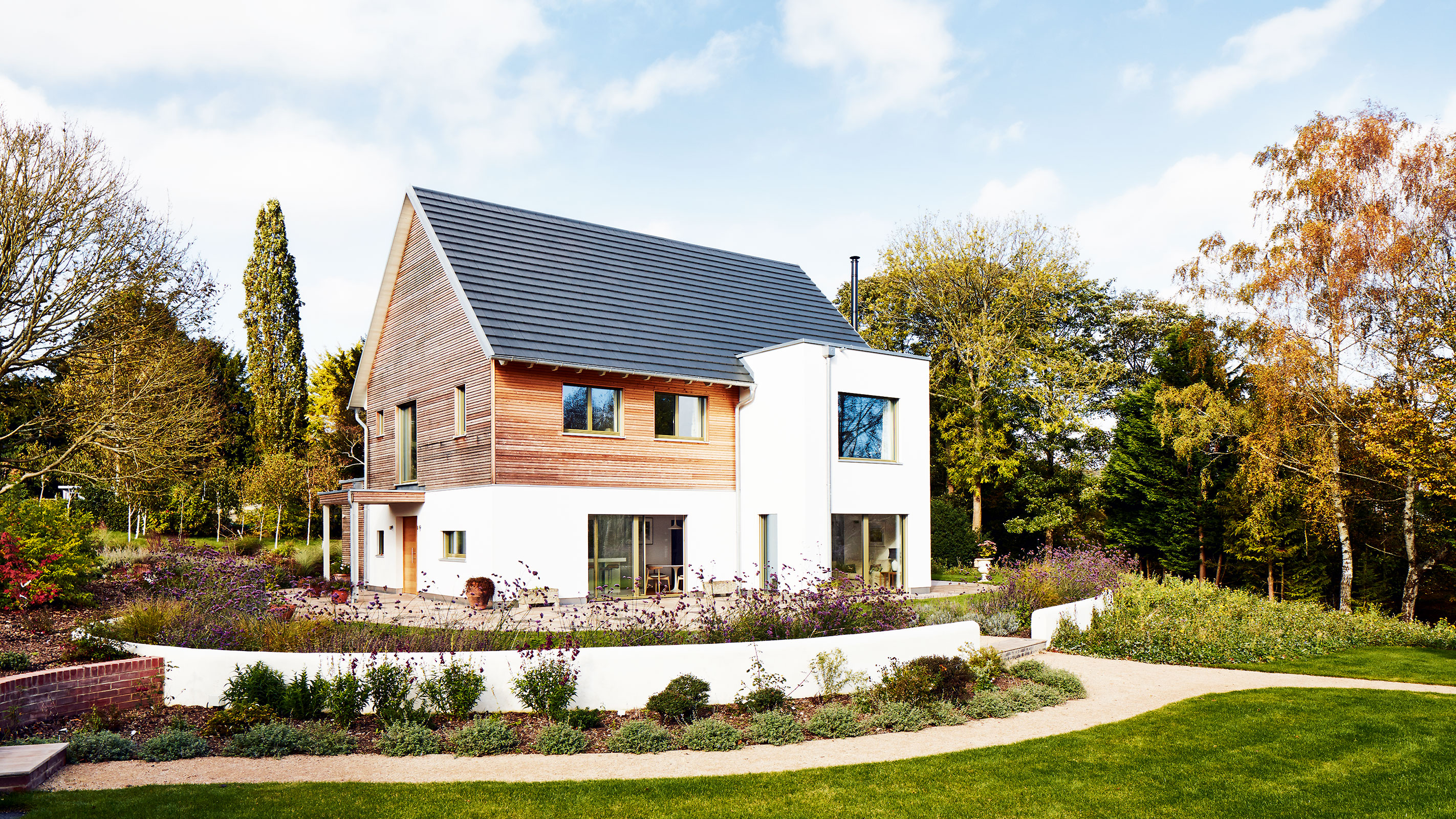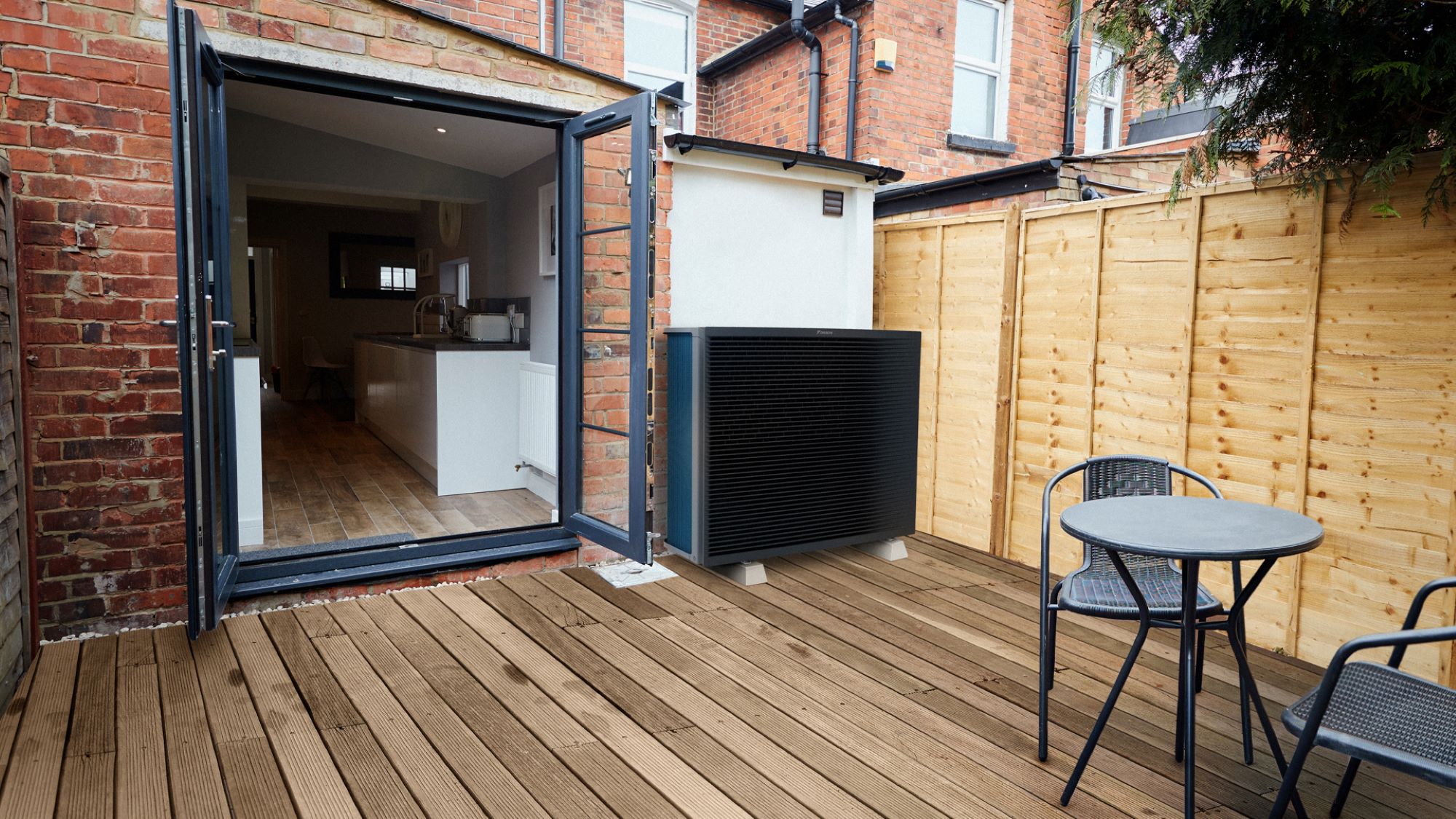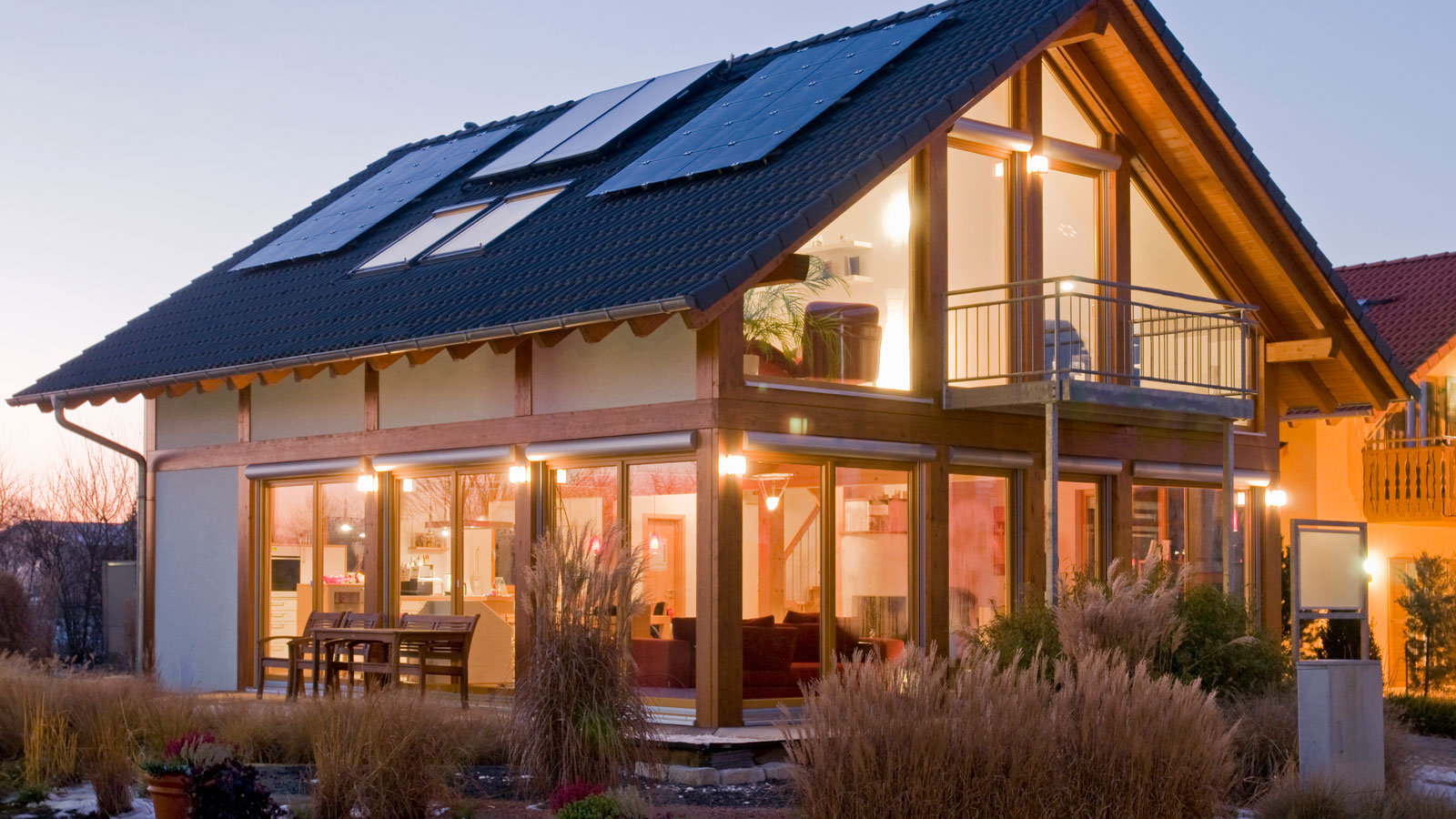Self build and custom homes come out on top in local economic impact and sustainability, NaCSBA report reveals
The report commissioned by the Right to Build task force reveals self builds are up to 43% more sustainable

The NaCSBA Custom and Self Build Report 2023/24 reveals that custom and self build homes have a higher positive local impact compared to mainstream housing.
The report reveals that custom and self build homes are not only more sustainable with lower energy consumption and less CO2 emissions, but also provide greater local economic impact in terms of expenditure on materials and labour.
The report also highlights that self build demand is significantly underestimated in the UK and seeks to encourage those with an interest to sign up for their local Right to Build Register. We reveal the full findings in the report below.
Self builders contribute twice as much to local economies compared to mainstream builders
The report, conducted across five areas, delved into the economic impact of custom and self build housing, focusing on the local impact of labour and materials.
It revealed that in regions such as Breckland Council, Durham Council, Folkestone and Hythe District Council, Herefordshire Council, and South Gloucestershire Council, custom and self build homes approximately doubled the economic footprint of mainstream housebuilding.
This was attributed to self builders' tendency to purchase more materials locally and engage small to medium-sized enterprise (SME) trades for their projects.
The study found that self builders allocate nearly double the expenditure on local materials and labour compared to mainstream housebuilders, with £45 out of every £100 spent locally, contrasting with the £22 spent by mainstream builders.
Bring your dream home to life with expert advice, how to guides and design inspiration. Sign up for our newsletter and get two free tickets to a Homebuilding & Renovating Show near you.

Self build homes have up to 42% lower energy consumption
A study examining Energy Performance Certificates (EPCs) of self built homes across five regions compared their energy usage with that of new builds in the same areas.
Two key metrics were analysed: average energy consumption and average CO2 emissions. The findings revealed that custom and self built homes had significantly lower energy consumption, ranging from 8% to 42% lower, and lower CO2 emissions, ranging from 7% to 43% lower, compared to the average new build.
These results contribute to the growing body of evidence supporting custom and self build housing as a more environmentally friendly option. Additionally, a survey highlighted that over 50% of self built homes incorporate renewable energy sources as their primary heating systems.
The report attributed these findings to self builders' propensity to invest more in energy-efficient homes designed for long-term occupancy, whereas speculative builders prioritise profitability over sustainability.

Demand for self builds is 64% below reported estimates
Recent findings suggest that the demand for custom and self build housing, as reflected in the Right to Build registers, is significantly underestimated by at least two-thirds.
An analysis comparing postcode data of interested individuals against registered numbers revealed that nearly two-thirds of potential builders were not on the registers, indicating a minimum of 64% underestimation of demand.
NaCSBA emphasises that while the registers are valuable, they should not be the sole measure of demand, in line with National Planning Guidance.
The NaCSBA report highlights the registers' crucial role in shaping policies and encouraging more building sites, with the NaCSBA encouraging all those with an interest in self building to register with their local authority.

News Editor Joseph has previously written for Today’s Media and Chambers & Partners, focusing on news for conveyancers and industry professionals. Joseph has just started his own self build project, building his own home on his family’s farm with planning permission for a timber frame, three-bedroom house in a one-acre field. The foundation work has already begun and he hopes to have the home built in the next year. Prior to this he renovated his family's home as well as doing several DIY projects, including installing a shower, building sheds, and livestock fences and shelters for the farm’s animals. Outside of homebuilding, Joseph loves rugby and has written for Rugby World, the world’s largest rugby magazine.
